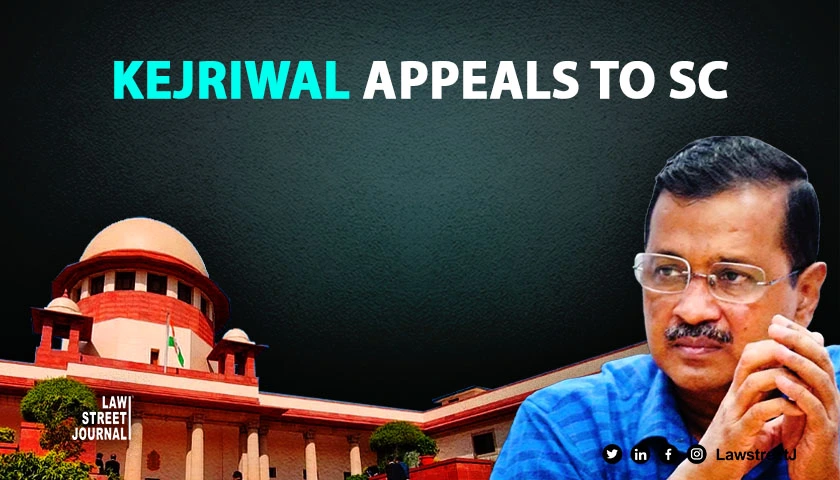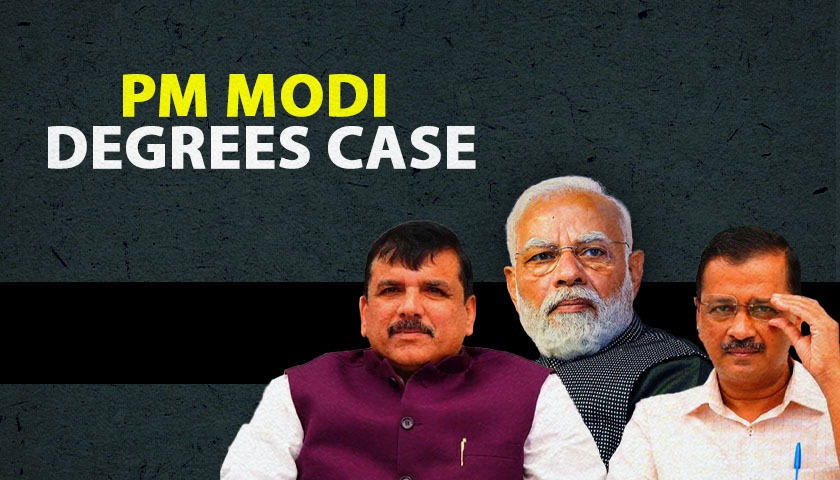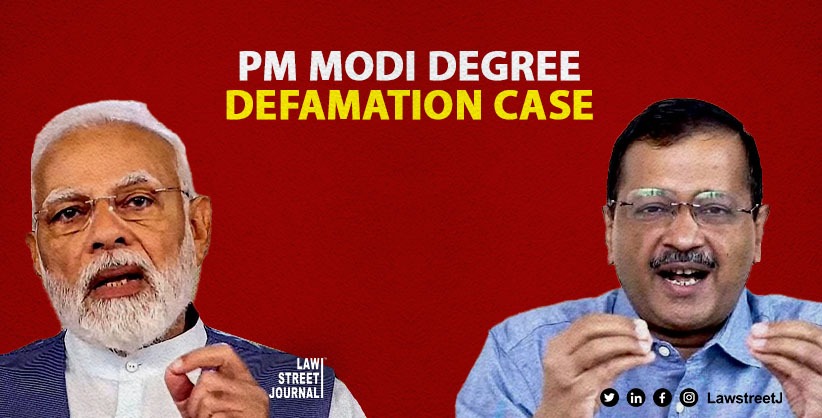NEW DELHI: Delhi Chief Minister, Arvind Kejriwal on Wednesday approached the Supreme Court against the dismissal of his plea of against arrest and remand in the liquor policy scam case.
His lawyers are expected to request a bench led by Chief Justice of India D Y Chandrachud for early hearing.
Also Read - Delhi liquor policy scam: No relief for Arvind Kejriwal for now from Delhi HC
The Delhi High Court had on April 9 rejected Kejriwal's plea challenging his arrest by the Enforcement Directorate noting that "the arrest was legal".
"The arrest of Arvind Kejriwal was not in contravention of the legal provisions. The remand can't be held to be illegal," Justice Swarana Kanta Sharma said.
Kejriwal was arrested on March 21 in the case after his failure to appear before the ED in response to nine summons. He is currently under the judicial custody.
Also Read - Court sends Kejriwal to ED's further custody remand till April 1 [Read Order]
"The material collected by the ED reveals that Kejriwal conspired and was involved in formulation of excise policy and used proceeds of crime. He is also allegedly involved in personal capacity in formulation of policy and demanding kickbacks and secondly in the capacity of national convenor of AAP," the HC had said.
The High Court had also rejected contention by Kejriwal on approvers statements can't be relied upon against him, saying merely because approver chose to reveal some facts at a later stage, the statements can't be disregarded.
It also pointed out the law on approvers was over 100 years old and recording of their statements is not in domain of the investigating agency.
The HC also said it would not lay down two different categories of laws, one for common citizens, and the other granting special privilege to be extended by investigating agency to a Chief Minister or any other person in power.
The court is not bound extend any special privilege to the Kejriwal, in absence of an order as the law does not envisage so, it said.
Also Read - HC dismisses Kejriwal's plea challenging arrest by ED in liquor policy case








![Kejriwal Govt's temporary appointments costing Rs. 30 cr per year axed by LG, decision upheld by Delhi High Court [Read Judgment]](/secure/uploads/2023/10/lj_3847_8da2bc6e-2fb2-4852-ad79-35f98380b3bf.jpg)

![High Court allows Raghav Chadha to remain in type VII bungalow for now [Read Judgement]](/secure/uploads/2023/10/lj_6485_Relief_to_Raghav_Chadha.jpg)




